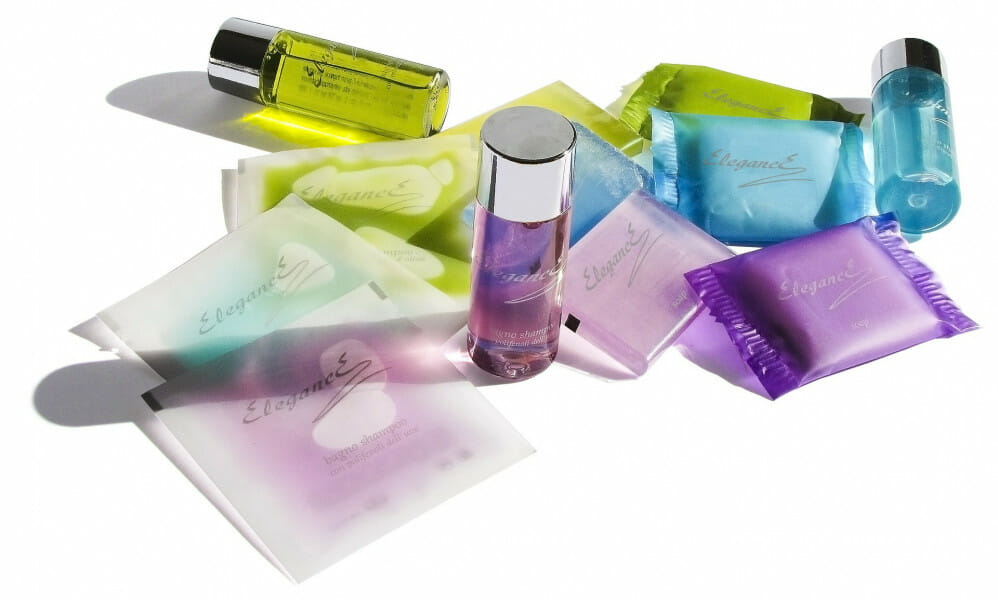How Some Of Your Everyday Products Can Negatively Affect Your Health
We often assume that regulatory bodies rigorously test all consumer products for safety before they hit the market. However, the reality is quite different. While brands are prohibited from using blatantly harmful substances in their products, they have significant leeway beyond that, allowing them to include ingredients that may not be beneficial for your overall health.
In this article, we explore some common household items that could potentially pose risks to your health.
Perfumes
Manufacturers achieve the enticing scents of perfumes through a combination of natural and synthetic ingredients. Synthetic production, common in the industry today, introduces numerous chemical components into perfumes, significantly increasing potential health risks.
Certain known compounds like acetone, linalool, and ethyl acetate found in perfumes can lead to skin irritation, drowsiness, dizziness, and nausea. Moreover, many other proprietary ingredients in perfumes have not undergone thorough scientific evaluation, raising concerns about their safety.
 Image by S. Hermann & F. Richter via Pixabay[/caption>
Image by S. Hermann & F. Richter via Pixabay[/caption>
Cleaning Products
While household cleaning products effectively maintain cleanliness, they often contain toxic ingredients to achieve their intended results. Using these products in well-ventilated areas like toilets may have minimal implications, but their use in kitchens or on the skin can pose significant health risks.
Limit your exposure to commercial cleaning agents and explore natural alternatives wherever feasible.

Air Fresheners
Air fresheners, aimed at eliminating unpleasant odors, often contain a variety of toxic chemicals that can be harmful to your health.
While these products effectively freshen the air, they leave behind harmful chemicals that can negatively impact your health and pose potential dangers.
Plastic Food Containers
Avoid storing food in plastic containers as they can transfer harmful substances like phthalates into your food, leading to adverse effects on neurological and reproductive health.
Opt for safer alternatives where possible to minimize exposure to harmful chemicals.

Cosmetics
On average, individuals use multiple cosmetic products daily, each containing numerous unverified chemicals. This practice poses a dual threat by exposing individuals to a mixture of potentially harmful substances and restricting the body’s recovery and toxin processing mechanisms.
Whenever feasible, opt for fragrance-free and mineral-based cosmetic options, as they typically contain fewer harmful chemicals that could adversely affect your health.
 Image by kinkates via Pixabay
Image by kinkates via Pixabay
Antiperspirants
Antiperspirants utilize aluminum compounds to block sweat gland activity. However, aluminum is associated with serious health conditions like Parkinson’s and breast cancer.
Consider switching to natural deodorants that do not contain aluminum as an active ingredient to reduce potential health risks.
*collaborative post
Featured Image by carlo sardena via Pixabay
















